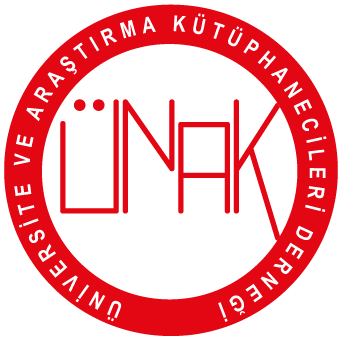Digital Humanities and the Information Services
DOI:
https://doi.org/10.15612/BD.2018.699Keywords:
Digital Humanities, libraries, information services, bibliometrics, multiple correspondence analysisAbstract
Today while historians producing interactive maps and linguists use computer technology in order to determine the word pattern used in texts, it is observed that researchers from almost every discipline use internet and web interactively. It can be claimed that boundaries among the disciplines have started to become uncertain with convergence. As a result of these developments, digital humanities emerged by the beginning of using computer technologies in traditional humanities. The aim of this study was to determine the general characteristics of Digital Humanities. In this way, it is aimed to identify new types of resources and to identify the challenges of new methods and research behaviors for libraries. In this study, the scientometrics was conducted by considering scientific papers published in the field of digital humanities. Accessed publications were evaluated according to the concepts/terms used in keyword plus, document abstracts and titles. Multiple Correspondence Analysis was used in the analysis of the concepts (keywords, title or abstracts). Scope/field-oriented findings as a result of the analysis were discussed. This study tried to answer the questions such as; which kind of services do new resource types appeared in digital humanities require in libraries? Do methods used in digital humanities require new infrastructures for libraries and organizations providing information services? And points out the new challenges posed by digital humanities for libraries and information services. This study presented findings related to emerging new resource types, needs and research behaviors appeared because of developing digital humanities fields for organizations, especially libraries, providing information services.
Downloads
Published
How to Cite
Issue
Section

This work is licensed under a Creative Commons Attribution 4.0 International License.






